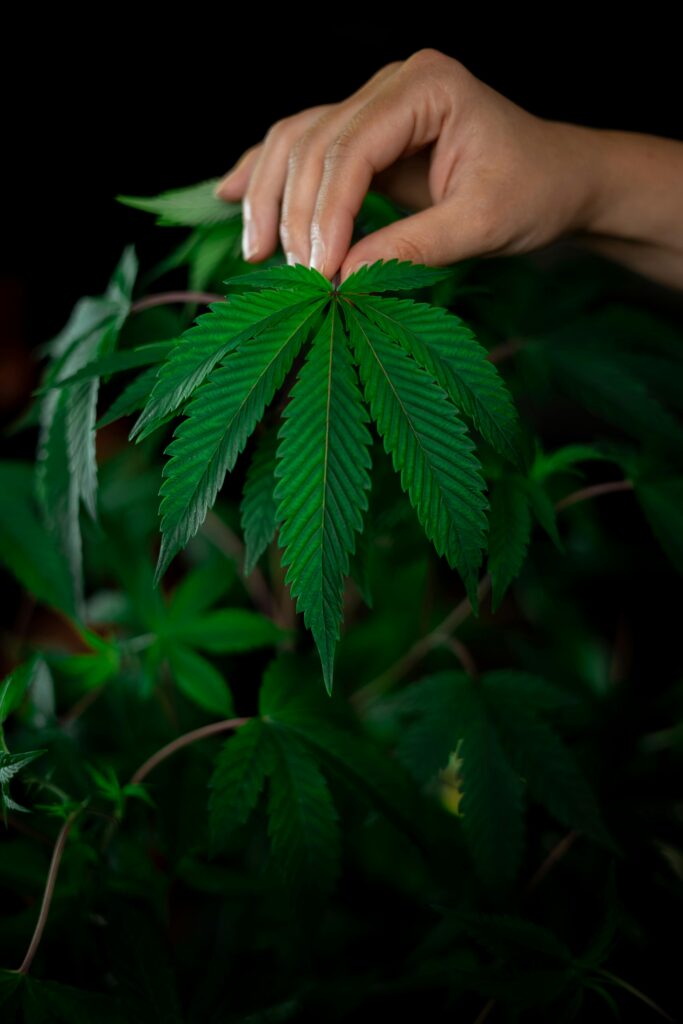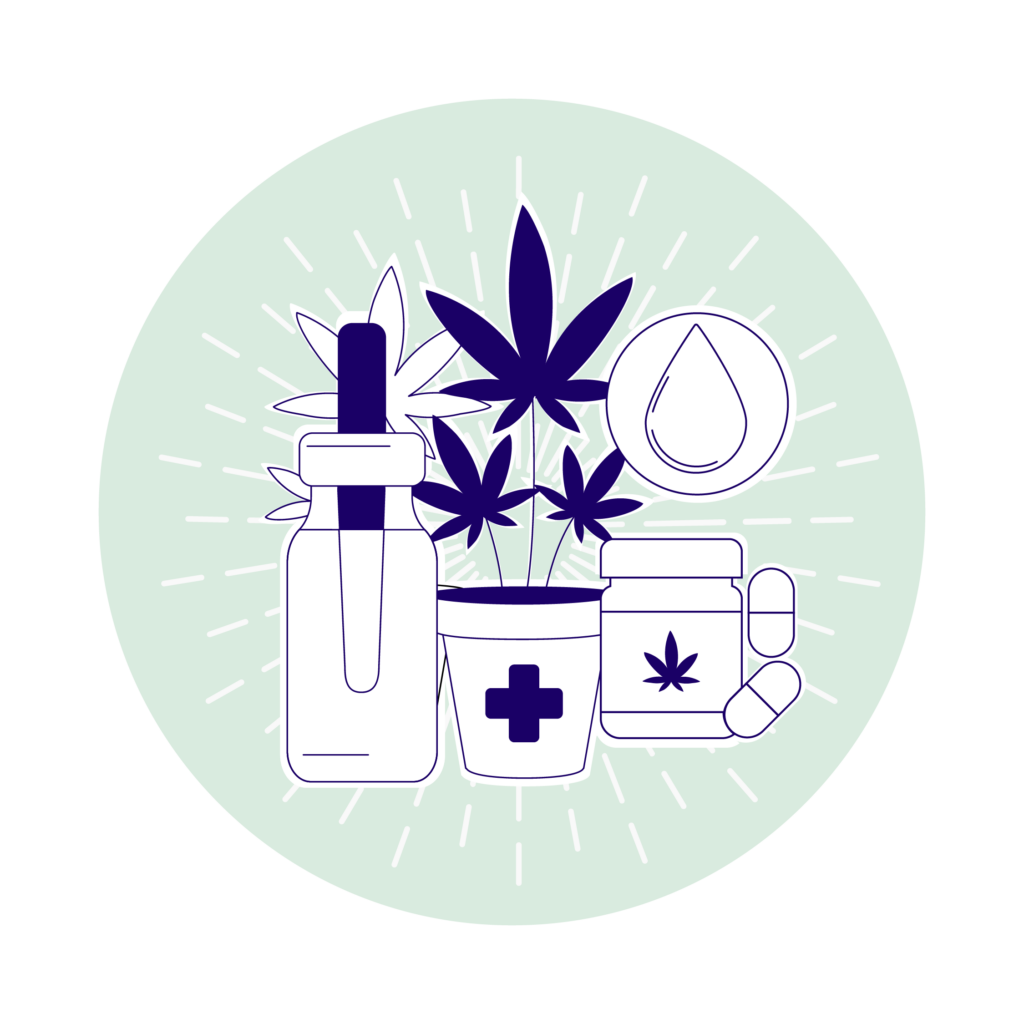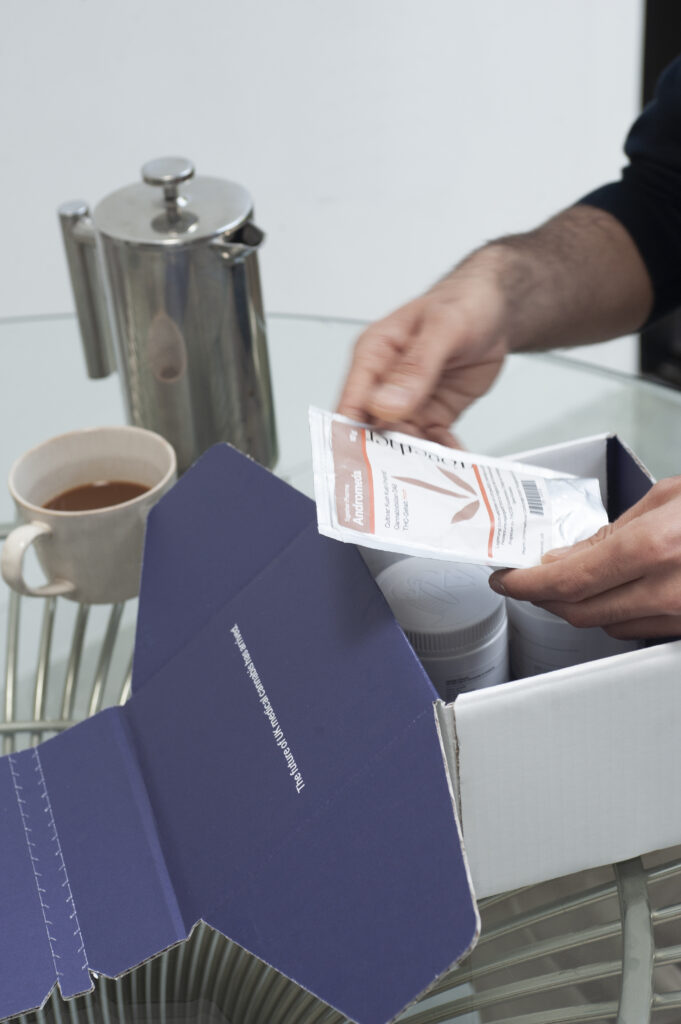Medical Cannabis: A Unique Way To Boost Your Fitness And Recovery?
Discover how your fitness recovery can be transformed with medical cannabis and its powerful benefits for pain relief, and inflammation.
For athletes, gym-goers, and fitness enthusiasts, recovery is just as important as training. Whether you’re dealing with muscle soreness, inflammation, or injuries, your recovery routine plays a crucial role in improving performance and preventing long-term damage. But what if there was a natural way to help and enhance recovery? Medical cannabis is a growing tool in sports medicine that may offer benefits for pain relief, inflammation reduction, and improved sleep.

Understanding the Role of Recovery in Fitness
Before diving into how medical cannabis can help, it’s important to understand the role of recovery in fitness. When you engage in intense workouts, your muscle fibres experience microtears, leading to inflammation and soreness. Recovery allows these fibres to repair and grow stronger, helping you build endurance and strength. However, delayed recovery can lead to overtraining, decreased performance, and even injury.
Traditional recovery methods include rest, quality sleep, stretching, hydration, muscle massage, healthy nutrition, and over-the-counter medications like ibuprofen. While these approaches can be effective, some individuals are turning to medical cannabis as an alternative, especially after sustaining an injury.

How Medical Cannabis Affects Recovery
Medical cannabis contains compounds called cannabinoids, primarily tetrahydrocannabinol (THC) and cannabidiol (CBD), which interact with the body’s endocannabinoid system (ECS). The ECS regulates functions like pain, perception, inflammation, and sleep, which are key factors in post-exercise recovery.
Here’s how medical cannabis can support fitness recovery:
Reducing Muscle Soreness and Pain
One of the biggest hurdles in recovery is managing delayed onset muscle soreness (DOMS), which occurs 24-72 hours after exercise. Studies suggest that cannabinoids like CBD and THC have analgesic (pain-relieving) properties. By interacting with pain receptors in the nervous system, medical cannabis may help reduce discomfort and improve overall recovery time.
Many athletes report using cannabis for post-workout to manage muscle pain without relying on Non-steroidal anti-inflammatory drugs (NSAIDs), which can have side effects like stomach ulcers or kidney damage with long-term use.
Fighting Inflammation
Inflammation is a natural part of the recovery process, but excessive inflammation can delay healing and contribute to chronic pain. Research shows that CBD has strong anti-inflammatory properties, which may help reduce swelling and speed up muscle repair.
For individuals dealing with conditions like arthritis or joint pain from repetitive movements, medical cannabis may provide relief and keep them training consistently.
Enhancing Sleep Quality
Sleep is the ultimate recovery tool. During deep sleep, the body releases growth hormones, which aid muscle repair and energy restoration. However, athletes often struggle with sleep due to post-workout adrenaline spikes, pain, or stress.
THC has been found to help induce sleep, while CBD may improve sleep quality by reducing anxiety and stress. Some medical cannabis users report deeper, more restful sleep, allowing them to wake up feeling refreshed and ready for the next workout.
Managing Stress and Anxiety
For athletes, mental recovery is just as important as physical recovery. Training can be mentally exhausting, and competition pressure can lead to performance anxiety.
Medical cannabis, particularly CBD-dominant strains, has been shown to reduce cortisol levels (the stress hormone) and promote relaxation. This may help athletes maintain focus and prevent burnout.
Alternative to Opioids and NSAIDs
Many athletes rely on traditional medication, such as opioids to manage pain, but these medications can come with serious side effects, including liver damage, addiction, and gastrointestinal issues.

Best Ways to Use Medical Cannabis for Recovery
If you’re considering using medical cannabis as part of your recovery routine, here are some effective consumption methods:
- CBD Oils and Tinctures – Taken sublingually (under the tongue) for fast absorption and long-lasting relief.
- Topicals (Creams and Balms) – Directly applied to sore muscles or joints to reduce localised pain and inflammation.
- Edibles (Gummies, Capsules, or Beverages) – Provide long-lasting effects but take longer for the body to absorb.
- Vaping – Offers quick relief but may not be suitable for everyone, especially those concerned about lung health.

Is Medical Cannabis Right for You?
Before integrating cannabis into your routine, consider the following:
- Dosage and Strain: Different strains have different effects. CBD-dominant strains are ideal for anti-inflammatory and relaxation benefits, while THC-dominant strains may be better for pain relief.
- Medical Consultation: Speak with one of our doctors to find the best approach for your needs.
How Mamedica Can Help
If you’re struggling with post-workout soreness or chronic pain, medical cannabis could be an alternative worth exploring.
At Mamedica, we offer expert-led consultations to help individuals discover whether this treatment might support their symptoms, recovery and overall well-being.
Take our free, 60-second eligibility test today and find out if medical cannabis could be a suitable option for you.










